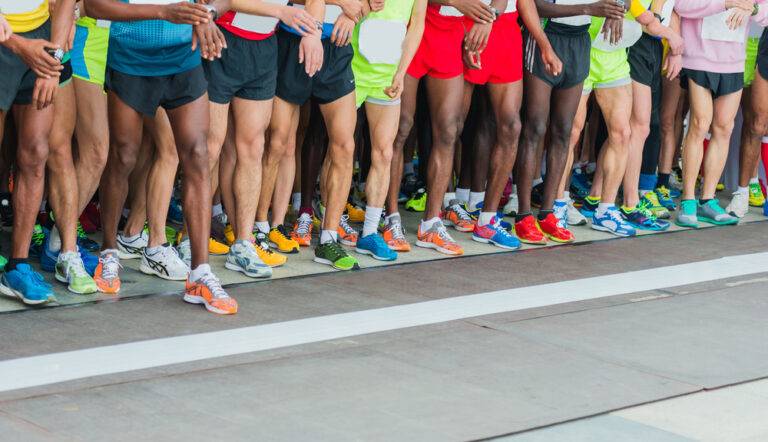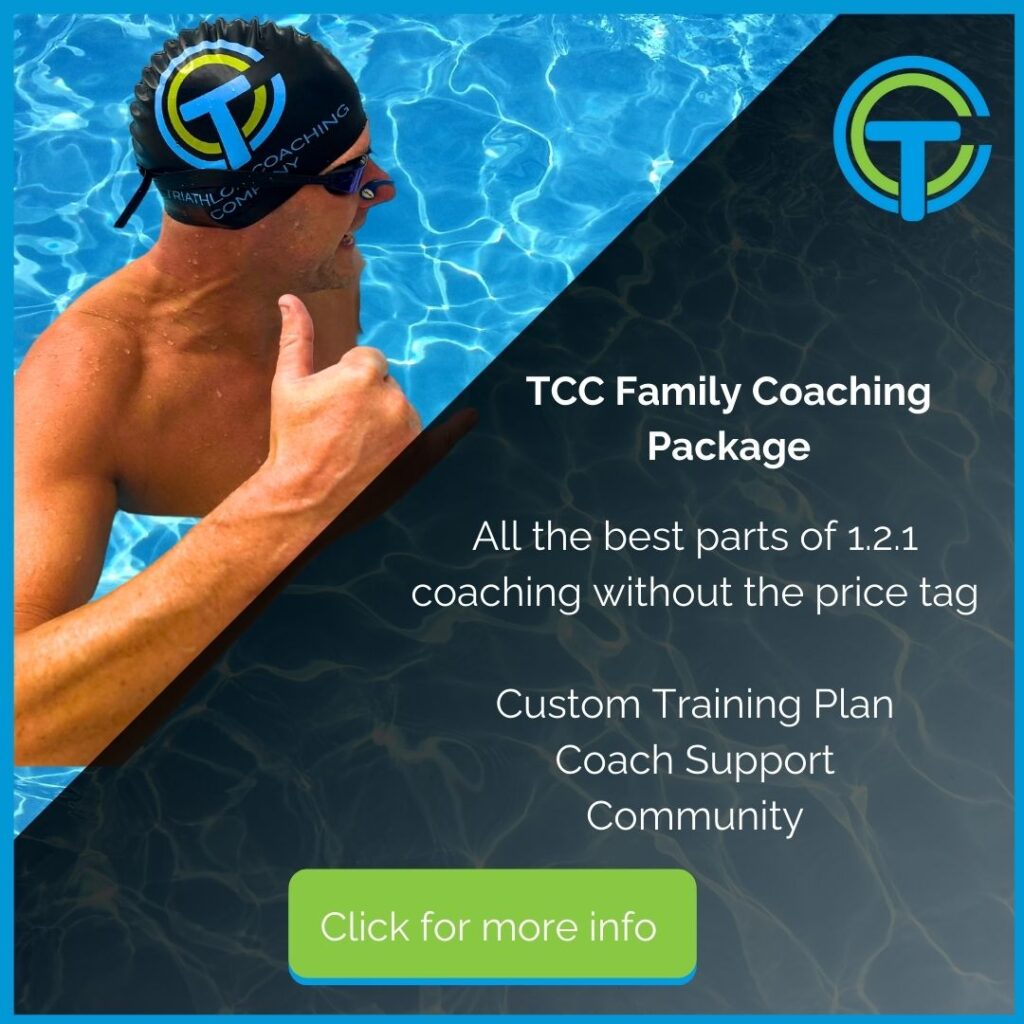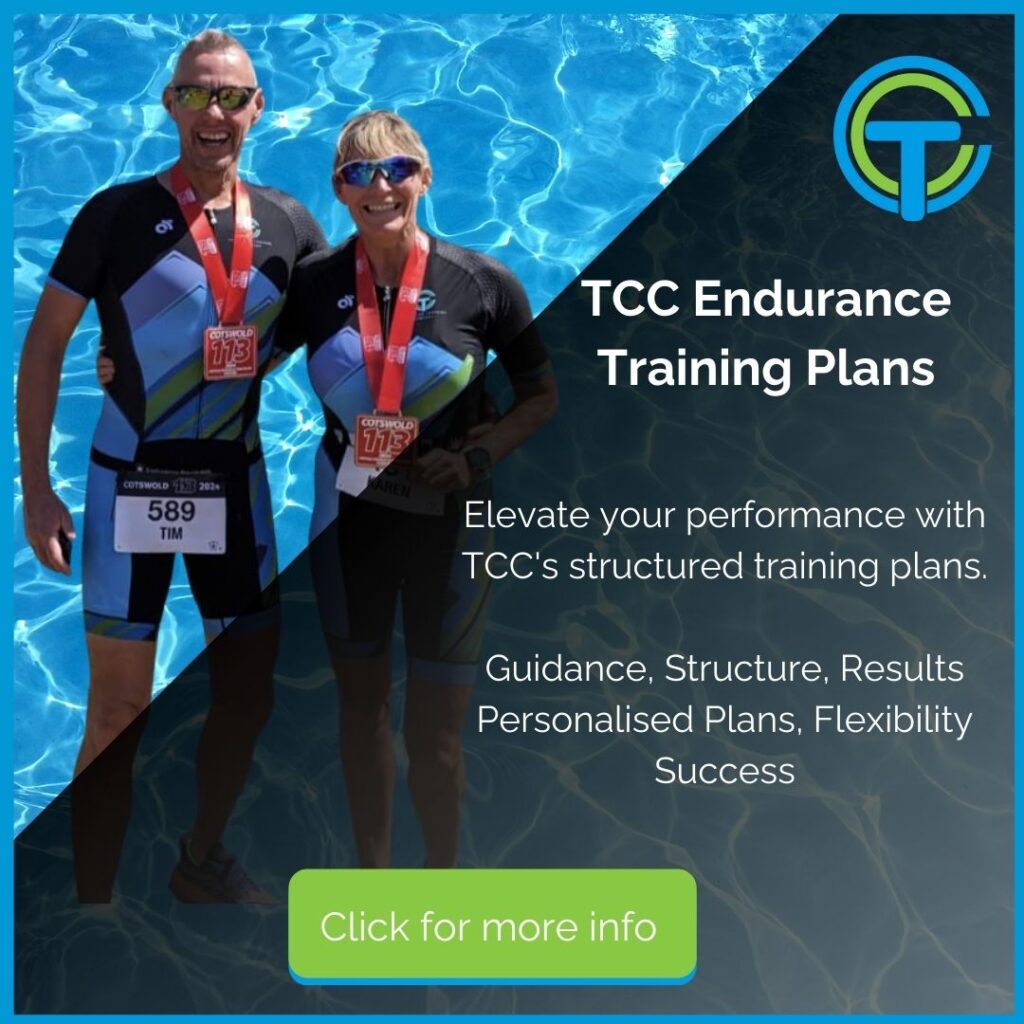Pick the right event for you!
This article looks at some great ways to decide what race to select that will give you the best experience possible.
Picking the most suitable event can be a minefield. Some people choose on reputation, some on word of mouth, and others go for a potluck approach; however, there are hundreds if not thousands of events out there, and finding the right one for you need not be overwhelming.
To help you choose the right events for you, we have highlighted several key takeaways when it comes to picking the right ones.

Goal Setting
Firstly, you need to address your goals, not your mates, not the training squad down at the local club, but your goals. It sounds a bit daft, but we have spoken to many athletes over the years; when asked why they have chosen a specific event, they say, “My mates are doing it” or “I felt I needed to be part of the club and put my name forward”.
So, what are your goals?
- To finish my first triathlon or endurance event.
- To just finish a long-distance event such as a half or full Ironman or an ultra-distance swim or run.
- To revisit a race you have done previously and set a PB (personal best).
- To qualify as an age group athlete for your home nation.
Remember, goals are essential as, without them, you do not have a starting point, if you need more information on good goal setting checks out our SMART goals article here.
Time Available
Secondly, time, how much do you have? Be honest with yourself; there is nothing more demoralising than looking at your training plan several weeks in and seeing that you are only hitting at best 50 or 60% of your scheduled program. The conversation can be difficult for those of you with coaches when you keep justifying that it was a work thing, and you will be back on track next week. Remember, this is not a vocation for 99.9% of us, it doesn’t pay the bills, and it doesn’t keep the family happy if you are constantly using all your spare time to train. Family is important, so make sure you balance your time to hit those workouts, spend time with loved ones, and hit those goals. Do not over-commit your time; think smart; it’s easier to add to a training plan than keep taking away, so if you are honest at the outset, your workouts will be specific, measurable, achievable, and time-based to your needs.
One of our sayings at TCC is “be ultra-critical and ask am I ready for the next step, and do I honestly have the time to commit to all this training time”.
When And Where Are Your Events
Thirdly, when, and where is or are your events?
It’s a simple question but often overlooked. Referring to our previous explanation about time, if your main event is in the spring, you will have to commit a lot of time over the winter months. The same can be said about an end-of-season event where motivation may be the defining factor in putting in that time and effort to achieve your goals.
Where is your event? Do you need to sort out travel arrangements and book accommodation?
Another thing to consider when booking an event is how popular is this event, where is it situated; many events are in remote areas or areas where accommodation levels can disappear quickly. So, booking accommodation well in advance and working out any other travel arrangements is a great thing to do to take some of the stress away. Don’t forget if travelling abroad think about what equipment you will be taking and how it will get there? Are you taking a bike? Does the airline have a policy on bike transit? How much does it cost (both ways)? Are you insured for your event when competing abroad? Check your travel policy and make sure you take it out when you book your event? The old saying on insurance is, “it’s no good until you need it”. Finally, think about transit times to and from airports, how close is it to your hotel and event venue, and if travelling with family, how easy will it be for them to get to and from the event.
These are some of the key points to consider when booking your next event.
Finally, the course. Many athletes like flat courses, novices, and weaker swimmers like pool-based events and not too technical bike routes. However, the same applies to the more seasoned athlete chasing PBs, so play to your strengths; if you are a well-accomplished cyclist who enjoys hilly and technical routes, find an event that will work for you, and the same applies for accomplished swimmers and runners.
To conclude, think about your goals, when and where are they taking place, and what can you control to make sure you get there easily. Do not over-commit your time; it’s you that will suffer, so think smart, maybe work with a coach to start with to understand how to build your training, especially if you are time-poor. Think about your family, make sure you make time for them, and agree on a plan with them. Finally, play to your strengths and pick an event that suits you. Remember, without a goal; there is no starting point.



